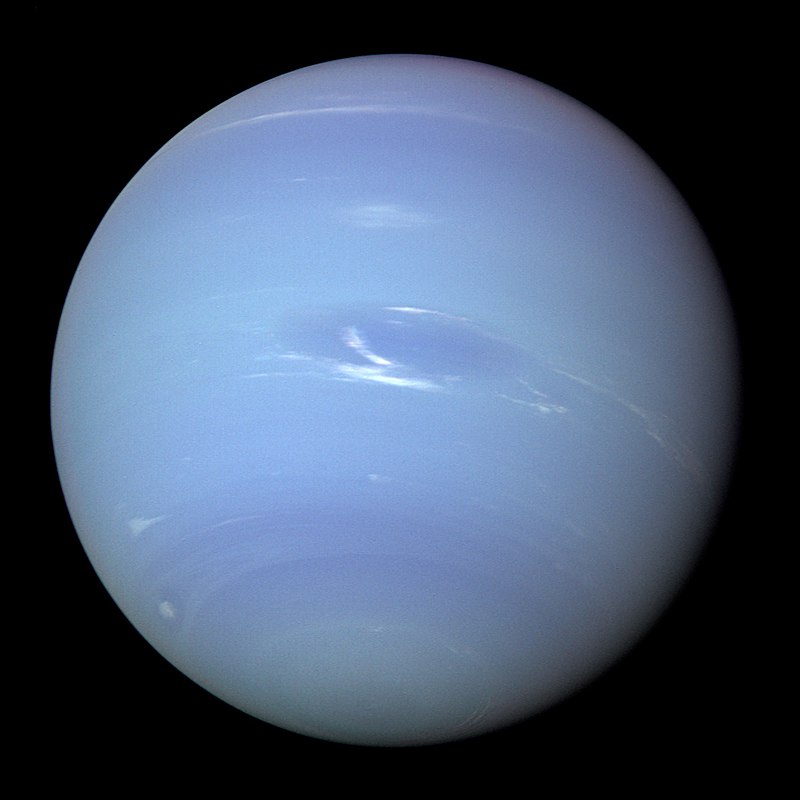The Hawk
Well-Known Forumite
Pluto & Charon, dwarf planet & moon or binary dwarf planet?He promised his wife the Moon … and he actually delivered !!!
Welcome to Stafford Forum. Please or sign-up and start posting!
Pluto & Charon, dwarf planet & moon or binary dwarf planet?He promised his wife the Moon … and he actually delivered !!!
 )
)Finally got round to ticking off Neptune and completing the set of planets (the 8). Nicely positioned in the night sky at the moment, but it still requires some reasonable optics and knowing exactly where to look.Fair question. Those of us who grew up with 9 planets before they demoted Pluto tend to be a bit suspicious of the new designations, although I accept the reasons for doing so.
Pluto revealed with that mission that it wasn't some boring frozen rock, but a world of features and happenings. (Colder than Tern Hill on a bad day though ..)



And, like the rest of us, she came from the stars, and to the stars we will all return.I was sad to see that Dr Heather Couper had died. She was one of those people whose enthusiasm for her subject overflowed in bounds, even if you weren't that keen on the subject you couldn't help but be impressed. (And I've always been keen on her subject.)
The BBC have always been good at finding people to explain things who become natural presenters of often quite difficult subjects.
She was a Star …
https://www.bbc.co.uk/news/entertainment-arts-51562165

It would appear that we may be on the same planet...If you look outside now you'll see Venus and a crescent Moon close to each other. Quite a sight ... with sunset these two are left as the brightest objects in the sky.
Although I didn't see it, it was mentioned on the radio this morning that "the ISS passed between Venus and the Moon" last night.If you look outside now you'll see Venus and a crescent Moon close to each other. Quite a sight ... with sunset these two are left as the brightest objects in the sky.

